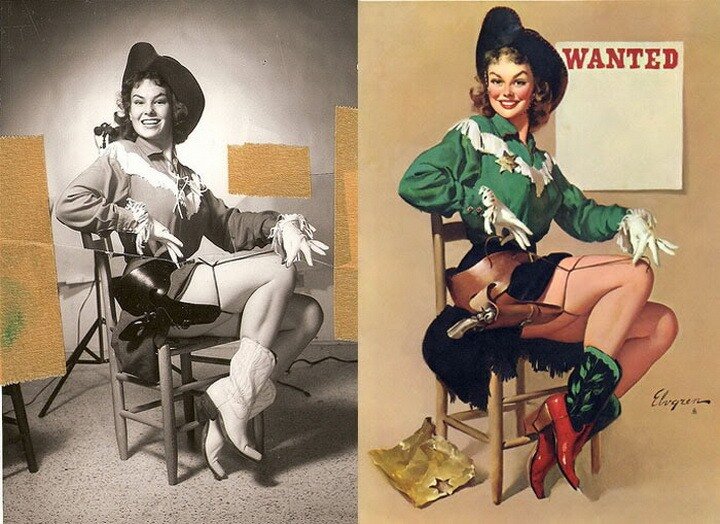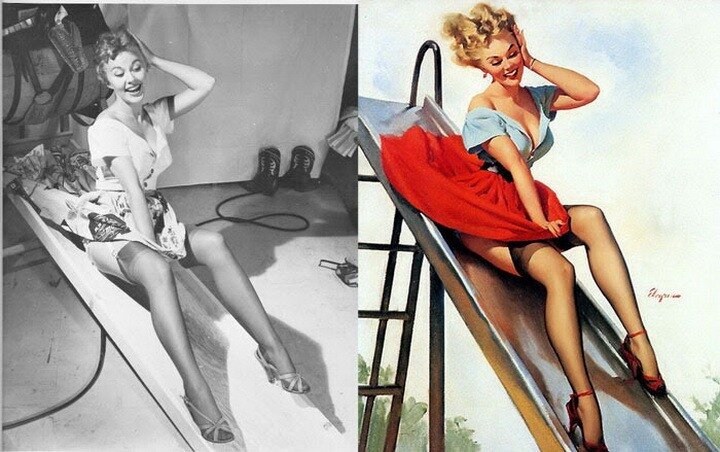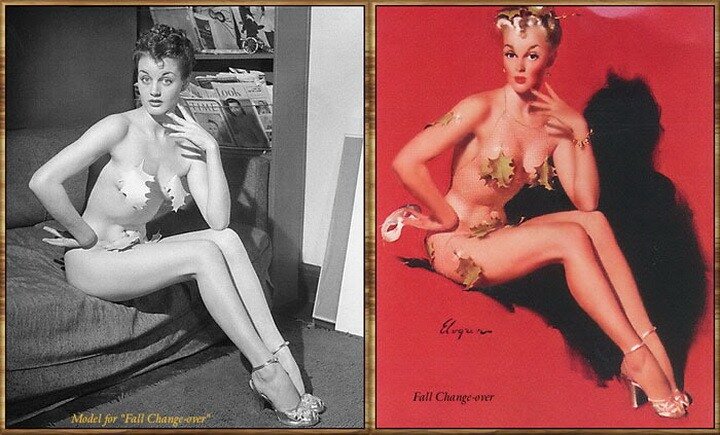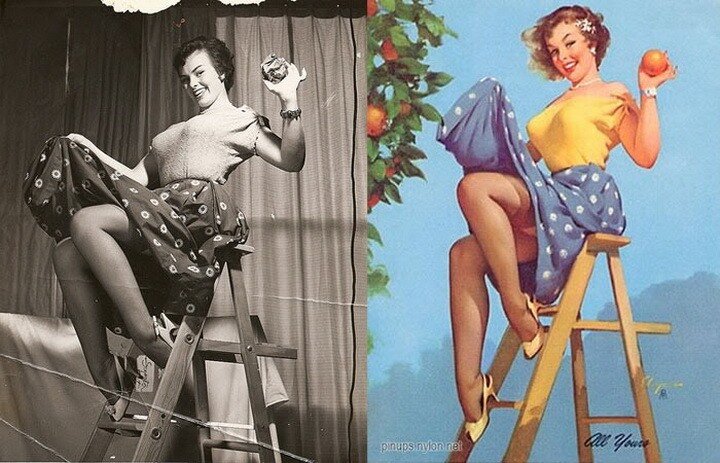 ), наверное, чуть ли не за всю жизнь я довольна тем, как выглядят, ощущаются и ведут себя мои волосы без каких-либо укладок. Я очень не люблю применять лак, пенку и т.п., хотя иногда могу - для разнообразия. Я люблю свои выпрямленные волосы, но выпрямлять все время мне, опять же, лень.)) И вот, применяя некоторые средства для ухода, я получила хороший результат. Волосы гладкие, волнистые, и не торчат клочками, как они любили всегда делать. Схема такая: любой шампунь + маска "Золотой шелк" (тоже любая, в общем-то) + крем-кондиционер для вьющихся волос Barex (с льняным семенем), после мытья - спрей-сыворотка Kapous (и потом по мере необходимости). Если хочется получить мелкую "завивку" - спрей "Витамины для волос" "Золотой шелк".
), наверное, чуть ли не за всю жизнь я довольна тем, как выглядят, ощущаются и ведут себя мои волосы без каких-либо укладок. Я очень не люблю применять лак, пенку и т.п., хотя иногда могу - для разнообразия. Я люблю свои выпрямленные волосы, но выпрямлять все время мне, опять же, лень.)) И вот, применяя некоторые средства для ухода, я получила хороший результат. Волосы гладкие, волнистые, и не торчат клочками, как они любили всегда делать. Схема такая: любой шампунь + маска "Золотой шелк" (тоже любая, в общем-то) + крем-кондиционер для вьющихся волос Barex (с льняным семенем), после мытья - спрей-сыворотка Kapous (и потом по мере необходимости). Если хочется получить мелкую "завивку" - спрей "Витамины для волос" "Золотой шелк". Это все прекрасно, но как все это с собой тащить в какую-либо поездку?
 я пробовала отступать от схемы - результат тут же чувствуется, и не радует.
я пробовала отступать от схемы - результат тут же чувствуется, и не радует.















































































































































































































